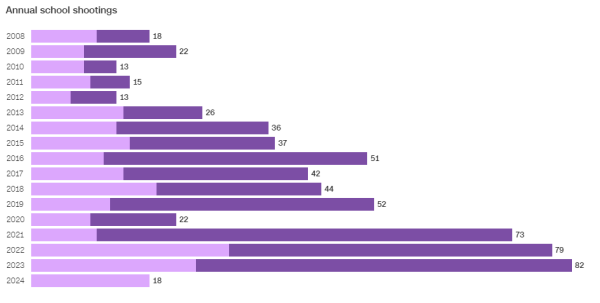Intelligence beyond the classroom
May 26, 2022
When most students think of a smart person, they imagine an AP student with a 36 on the ACT and med school in the future. It’s easy for other students to look at these kids setting the curve and think, “man, I wish I was as smart as them.”
But are they the only ones who get to be smart? Defining intelligence by test scores is a very outdated way of thinking. In the 1980s, a widely accepted theory that was originally introduced by Howard Gardner that outlines 9 different types of intelligence, ranging from existential to interpersonal. Most people excel in at least one of these categories, but schools mainly cater to people who are logical or linguistic thinkers, which means that a lot of very intelligent people won’t get good grades. Still, many students have been taught that smart people have good grades, and if you don’t do well in school, you must not be that bright. Because of this notion, many think that they’re less important if they don’t get As. It’s a damaging way of thinking that significantly harms the self esteem of many students who are trying their best but cannot reach the honor roll standard.
Even though schools focus on two types of intelligence, all of them are important– society would not be able to. We need a variety of knowledge and skills. If every person looks at a problem the same way, we never find a solution.
This is why grades are not a good thing to base your intelligence on. Everyone learns the same curriculum, but it is obvious that everyone isn’t the same. As the end of the year brings finals and AP exams, remind yourself that scores aren’t a reflection of how smart you are, and certainly not your importance. It’s a narrow glimpse into your life that shows how well you remembered and applied a small selection of topics, and a lot of smart people’s brains don’t work that way.






